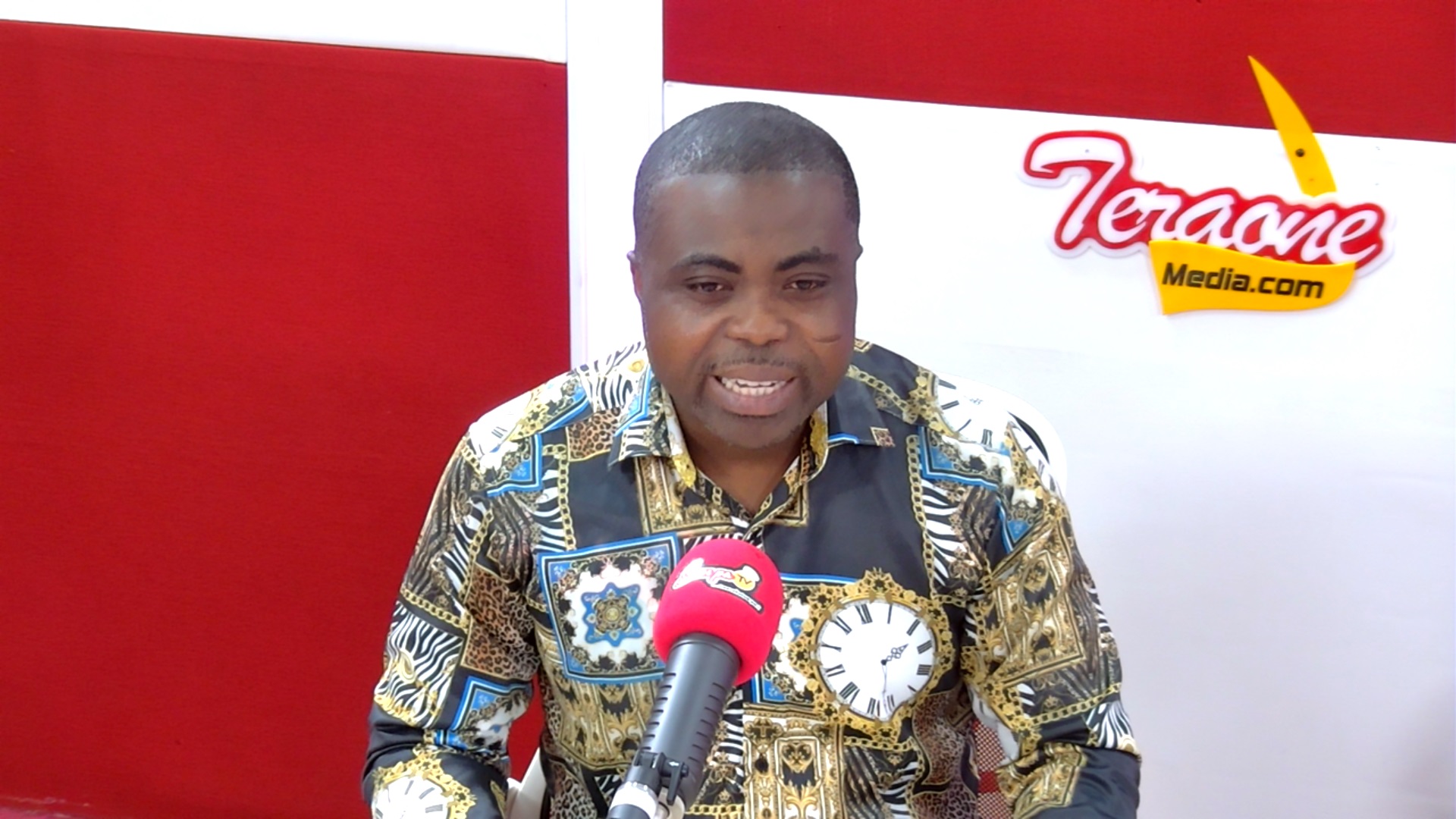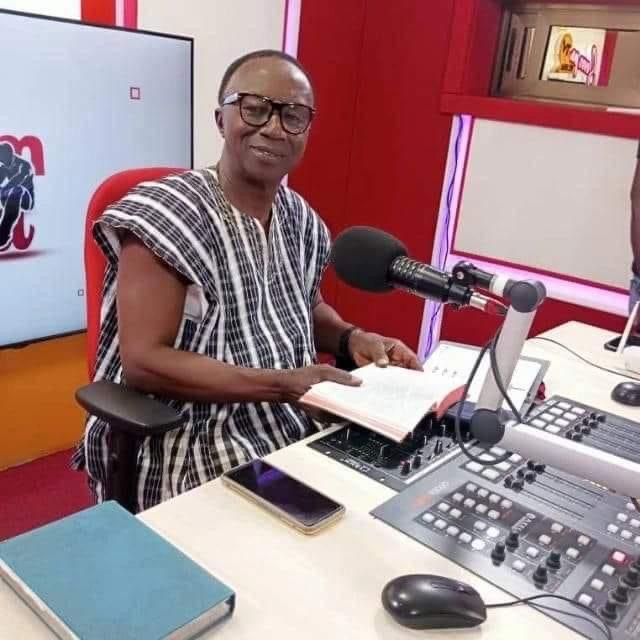Tributes is flowing for Mr. Emmanuel Ossei-Kumah, a former Deputy Governor of the Bank of Ghana who was reported dead on 20th July, 2023 at the age of 86 as he goes home today.
Mr. Ossei-Kumah, an accomplished Chartered Accountant and an experienced banker with qualifications in Economics worked with the Bank of Ghana at different periods for over twelve years.
He began his career at the Bank of Ghana as an Assistant Manager and Financial Analyst and worked from 1969 to 1972. In 1972, he left the Bank of Ghana to join the Standard Chartered Bank where he rose to become the first African Chief Accountant of the Standard Chartered Bank, Ghana.
He later worked in the private sector for a number of years from where he was appointed as a Deputy Governor of the Bank of Ghana in 1986. He worked in that capacity till 1990 when he left again to assume the position of the Executive Chairman at the then ailing Ghana National Trading Corporation (GNTC) and succeeded in reviving it.
Mr. Ossei-Kumah’s wealth of experience and extraordinary commitment to duty brought him back to the Bank as the First Deputy Governor of the Bank of Ghana from 1997 to 2001 with oversight responsibility for several Departments in the bank including Finance, Banking Supervision, the then Rural Banking, Non-Bank Financial Institutions and the Medical Departments.
Mr. Ossei-Kumah’s unparalleled expertise and experience in Accounting, Auditing, Financial and Forensic Analysis, Foreign Exchange Markets, Treasury Management among others enabled him to contribute immensely to the formulation of policies, the setting of the strategic direction of the Central Bank and the implementation of measures of the Bank’s functions as well as the realization of its objectives.
Distinguished qualities of Mr. Ossei-Kumah that stood out throughout his career were his dedication to duty, resilience, integrity, impartiality, discipline and accountability as well as his ability to adopt a result-oriented approach to issues. Mr. Ossei-Kumah achieved a lot for his country, Ghana, because all along his motivation had been his entrenched belief in the future of his country and his eagerness to contribute his quota towards it.
The appointment of Mr. Ossei-Kumah as both Second and First Deputy Governor on both ocassions took place at a time when Ghana was undergoing various reforms such as the Economic Recovery Programme (ERP), the Structural Adjustment Programme (SAP) and the Financial Sector Adjustment Programme (FINSAP), during which the Bank had a crucial role to play in the reforms.
His legacy includes the cleaning of the banking system which led to the departure from the fixed exchange rate system through foreign exchange auctioning to the establishment of the Foreign Exchange Bureaux in the initiation of the liberalization regime, the establishment of the Non-Performing Assets Recovery Trust (NPART), the former Bank Examination Department of the Bank of Ghana which was transformed and designated as the Banking Supervision Department with better mandate and focus, the Ghana House which was re-constructed during his tenure of office.
Mr. Ossei-Kumah further served as a member of the Board of Directors of the Bank of Ghana as well as several other public and private institutions including the Social Security and National Insurance Trust (SSNIT), the National Investment Bank, Meridian Tobacco Limited, Securities and Exchange Commission, Bank for Housing and Construction and Komatsu Gh. Limited.
The late Ossei-Kumah who was worth his salt, will not be remembered for the distinguished manner in which he discharged s duties to the Bank and the Financial Sector, but also, for being the first to have been appointed twice as a Deputy Governor of the Bank of Ghana.
Mr. Ossei-Kumah was also appointed as the Abusuapanyin of the Apagya Family of Duayaw Nkwanta in the Ahafo Region, a role he played diligently to the admiration of all until his demise last year.
He will always be remembered as a man of integrity who stood up for the principles he believed in.
Sompaonline.com/Asante-Yeboah Benedict













 Sompaonline.com offers its reading audience with a comprehensive online source for up-to-the-minute news about politics, business, entertainment and other issues in Ghana
Sompaonline.com offers its reading audience with a comprehensive online source for up-to-the-minute news about politics, business, entertainment and other issues in Ghana